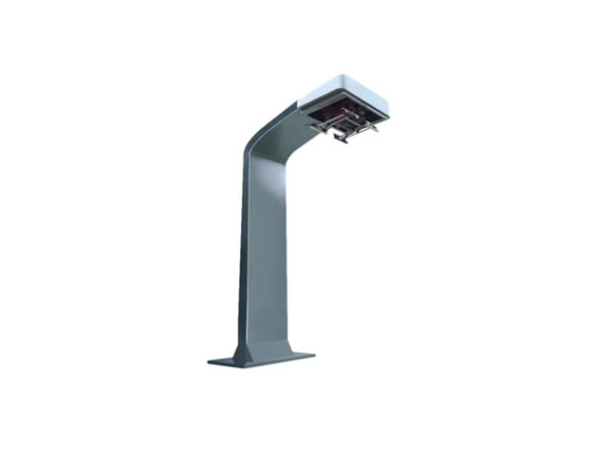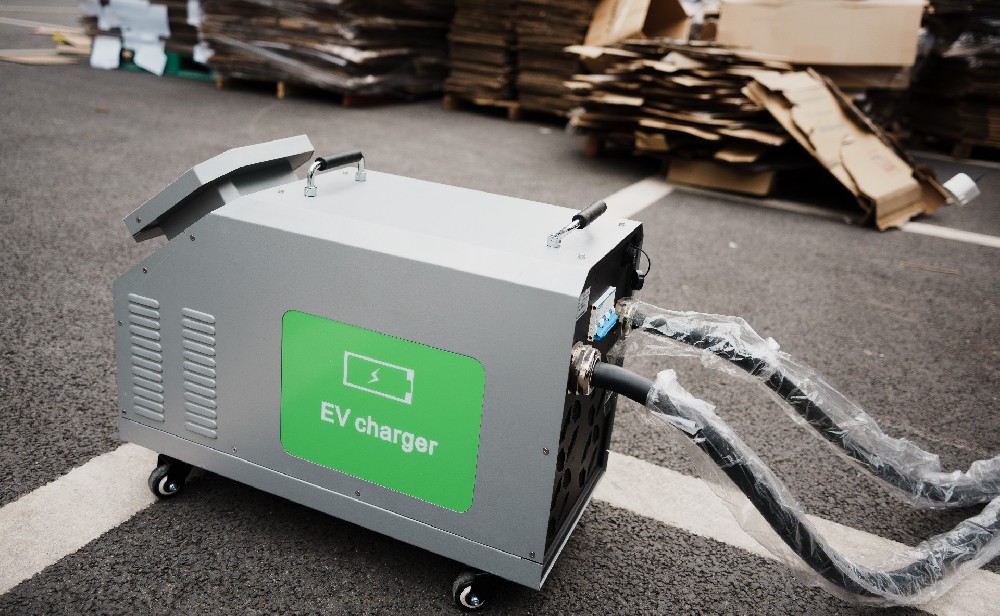-
13822183778@139.com
-
13822183778
Guangzhou Creativity provides you with a detailed explanation of the installation cost of charging piles
In today's rapidly developing technological era, electric vehicles have become an integral part of people's lives. To meet the needs of electric vehicle users for convenient charging, the installation of charging stations has become a topic of great concern. This article will thoroughly explore the various costs associated with installing charging stations, helping readers better understand the budgeting involved in the installation process.

The cost of installing a charging station is determined by a combination of factors:
Firstly, the type and power of the charging station must be considered. There are various types available on the market, including DC fast-charging stations, AC fast-charging stations, and regular slow-charging stations. DC fast-charging stations have higher power and faster charging speeds, but they also come with higher installation costs. AC fast-charging stations, on the other hand, have a broader range of applications, good compatibility, and relatively lower installation costs. Regular slow-charging stations have lower power but are more economical in terms of installation costs. Therefore, when choosing a type of charging station, it is essential to consider personal needs and budget.
Secondly, the costs associated with upgrading or modifying electrical facilities are a significant factor influencing the total installation cost. Installing a charging station requires sufficient power support, which may necessitate upgrades or modifications to the electrical facilities in residential areas, public parking lots, or commercial buildings. This involves tasks such as rewiring, replacing cables, and adding distribution equipment, thereby increasing installation costs. The specific costs for electrical facility modifications can vary by region and individual circumstances, and accurate quotes can be obtained by consulting local power companies or professional installation companies.
Thirdly, the installation location of the charging station also affects the costs. Charging stations can be installed in public areas, residential communities, parking lots, and other locations. Installing a charging station in a public area may require obtaining permits from relevant departments, incurring certain approval fees. Installing in private areas such as residential communities or parking lots may involve negotiating with property owners or management companies and paying usage or rental fees. Therefore, when determining the installation location, it is crucial to consider the convenience of the location, policy restrictions, and potential fee requirements.
In addition to the basic costs mentioned above, there are other potential expenses to consider. For example, some installation companies may charge installation service fees, which include labor costs, material costs, and maintenance fees. Additionally, certain regions may have related taxes and management fees. Detailed information on these costs can be obtained by consulting local authorities or installation companies.
The cost of installing a charging station is a comprehensive consideration. Factors such as the type, power, electrical facility upgrades, installation location, and other potential expenses all impact the total cost. Before proceeding with the installation of a charging station, it is advisable for users to understand their needs and budget and to consult with professional installation companies for detailed quotes to ensure the best possible installation solution.
 How long does it take to charge ···
How long does it take to charge ···
 DC Fast Charging CCS type 2 plug
DC Fast Charging CCS type 2 plug
 The high-voltage and high-curren···
The high-voltage and high-curren···


